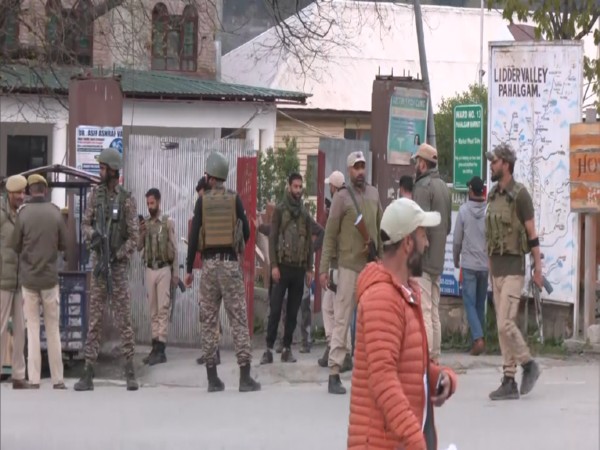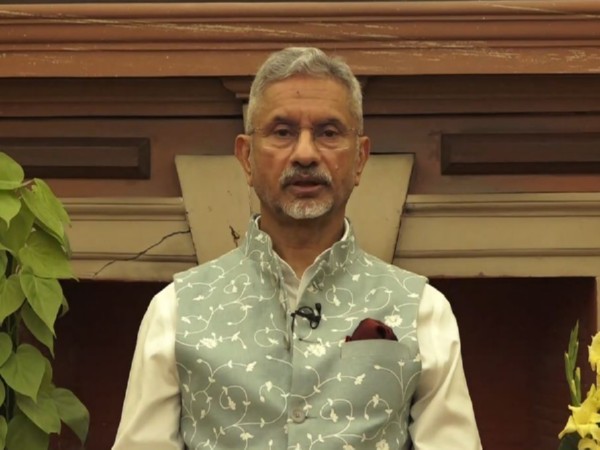"CAA is not against minorities": BJP MP Ravi Shankar Prasad hails CAA implementation
Mar 12, 2024

Patna (Bihar) [India], March 12 : A day after the central government implemented the Citizenship Amendment Act (CAA) across the country, Bharatiya Janata Party MP Ravi Shankar Prasad said, "CAA is not against the minorities of the country."
Hailing the Centre's move, Prasad added, "I would like to thank the Government of India, the Prime Minister Narendra Modi and the Home Minister Amit Shah. This law aims to help the Hindus, Parsis, Sikhs, Buddhists and Jains who are suffering in the neighbouring countries. They come to India and all the facilities will be provided to them."
Meanwhile, Bihar Deputy Chief Minister Vijay Kumar Sinha also hailed the implementation of CAA, saying that "This is a good step taken by Prime Minister Narendra Modi and Union Minister Amit Shah. Those who are living without any citizenship in neighbouring countries can come to India and obtain citizenship."
Earlier in the day, Congress General Secretary Jairam Ramesh questioned the timing of the implementation of the Citizenship Amendment Act and asserted that it was timed ahead of the general polls to polarise the voters in Assam and West Bengal.
"It took them 4 years and 3 months to bring this rule. The bill was passed in December 2019. The law should have been formed within 3-6 months. The Modi government sought nine extensions from the Supreme Court and took 4 years and 3 months before notifying the rules last night," Jairam Ramesh said.
Congress President Mallikarjun Kharge alleged that the timing of notifying the rules for the Citizenship (Amendment) Act is "BJP's desperate attempt at divisive politics" just ahead of the coming Lok Sabha elections.
Union Home Ministry announced the notification of rules for implementation of the Citizenship Amendment Act (CAA) on Monday, days ahead of the announcement of the Lok Sabha election schedule.
The CAA rules, introduced by the Narendra Modi government and passed by Parliament in 2019, aim to confer Indian citizenship to persecuted non-Muslim migrants--including Hindus, Sikhs, Jains, Buddhists, Parsis, and Christians--who migrated from Bangladesh, Pakistan, and Afghanistan and arrived in India before December 31, 2014.
















